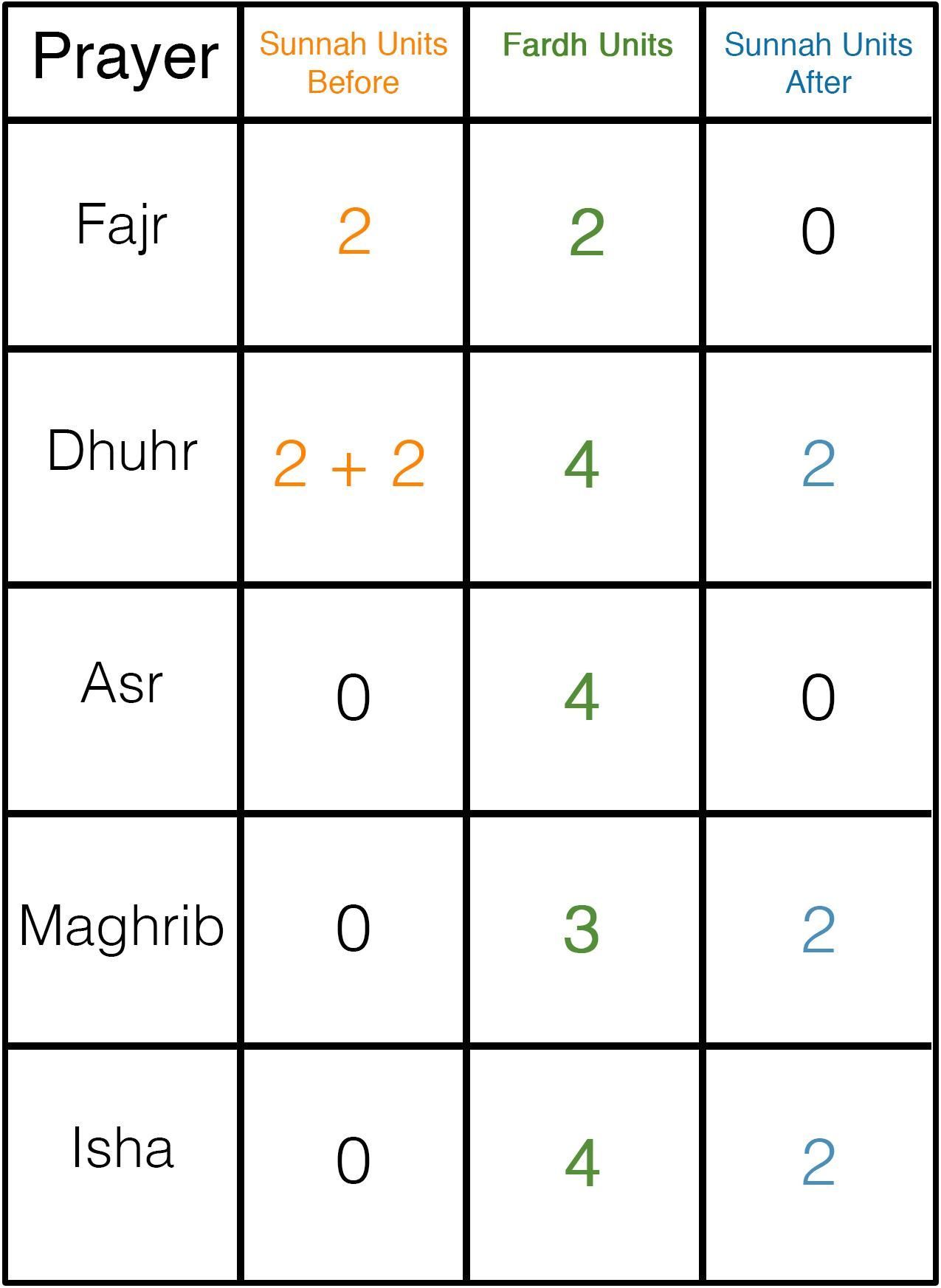Zuhr prayer, the second of the five daily obligatory prayers in Islam, often raises the question: “How many rakats are in Zuhr?” This guide provides a comprehensive answer, exploring the various components of Zuhr—from the obligatory (Fard) to the recommended (Sunnah Mu’akkadah) and voluntary (Nafl) prayers. Whether you’re new to prayer or seeking a deeper understanding, this guide will clarify the structure of Zuhr.
Understanding the Rakats of Zuhr
The number of rakats in Zuhr can seem complex initially, but it becomes clear once broken down into its constituent parts. These parts, similar to essential ingredients and optional additions to a recipe, contribute to the overall prayer experience.
Fard Rakats: The Foundation of Zuhr
At the heart of Zuhr are the four Fard rakats. Fard denotes obligation, making these the essential, non-negotiable component of the prayer. Missing these renders the prayer incomplete. These four rakats serve as the bedrock of Zuhr, much like a foundation for a house. In each of these rakats, Surah Fatiha (the opening chapter of the Quran) is recited, along with another Surah of choice—aloud in the first two rakats and silently in the last two. This practice combines recitation and quiet contemplation, key elements of prayer.
Sunnah Mu’akkadah Rakats: Enhancing Your Prayer
Beyond the Fard rakats are the Sunnah Mu’akkadah prayers. Sunnah refers to the practices of Prophet Muhammad (peace be upon him), and Mu’akkadah signifies emphasis or strong recommendation. These rakats, while not obligatory, carry significant blessings and are highly encouraged. They are performed before and after the Fard rakats—four before and two after—and are akin to adding enriching details to a painting. They further enhance the prayer experience by involving the recitation of Surah Fatiha and another Surah in each rakat. Some scholars, such as Ibn Umar (may Allah be pleased with him), suggest specific Sunnah rakats associated with Zuhr, like the two rakats before the prayer. This suggests that these supplementary prayers held importance in early Islamic practice.
Nafl Rakats: Deepening Your Connection
Finally, there are the Nafl rakats. Nafl translates to voluntary or supererogatory. These extra prayers further strengthen one’s connection with Allah (SWT). For Zuhr, two Nafl rakats are recommended. While optional, they represent a personal offering and a chance to enhance one’s spiritual practice. They are similar to adding a personal touch to a gift, making it even more special. As with the other rakats, Surah Fatiha and another Surah are recited in each Nafl rakat.
Total Rakats in Zuhr: A Summary
In total, Zuhr involves twelve rakats: four Fard, four Sunnah Mu’akkadah (before Fard), two Sunnah Mu’akkadah (after Fard), and two Nafl. Each category plays a unique role, adding a distinct layer of meaning to the prayer. The following table provides a concise overview:
| Type of Rakat | Number | Obligation |
|---|---|---|
| Sunnah Mu’akkadah (Before Fard) | 4 | Recommended |
| Fard | 4 | Obligatory |
| Sunnah Mu’akkadah (After Fard) | 2 | Recommended |
| Nafl | 2 | Voluntary |
| Total | 12 |
The Significance of Understanding Rakats
Understanding the number and types of rakats in Zuhr isn’t simply about counting. It’s about appreciating the structure, significance, and spiritual depth of the prayer. Each category—Fard, Sunnah, and Nafl—represents a different level of devotion and connection with the Divine. While fulfilling the obligatory Fard rakats is paramount, incorporating the Sunnah and Nafl rakats enriches the prayer experience and strengthens the spiritual journey.
Zuhr in the Daily Rhythm of Islam
Zuhr, the second of the five daily prayers, is a pivotal part of a Muslim’s daily life. Performed after the sun passes its zenith, it provides a midday pause for reflection and connection with Allah. This pause allows individuals to step back from daily activities and recenter themselves spiritually.
Additional Insights into Zuhr Prayer
- Timing: Zuhr begins after the sun crosses its highest point and continues until the shadow of an object equals its length plus the length of its shadow at noon.
- Variations in Practice: While the core principles remain consistent, some variations may exist in the specific practices of different Islamic schools of thought. Consulting with local Imams or knowledgeable scholars within one’s community can offer valuable insights into these nuances.
- Spiritual Benefits: Zuhr, like all prayers, offers numerous spiritual benefits, including increased mindfulness, gratitude, and closeness to God. It also provides a framework for self-discipline and spiritual growth.
Discover more about protecting your garden from pests with our guide on how to get rid of voles moles permanently.
- Discover Long Black Pepper: Flavor & Health Benefits - April 25, 2025
- Shocking Twists: The Grownup Review: Unreliable Narration - April 25, 2025
- A Quiet Place Book vs Movie: A Deep Dive - April 25, 2025
















